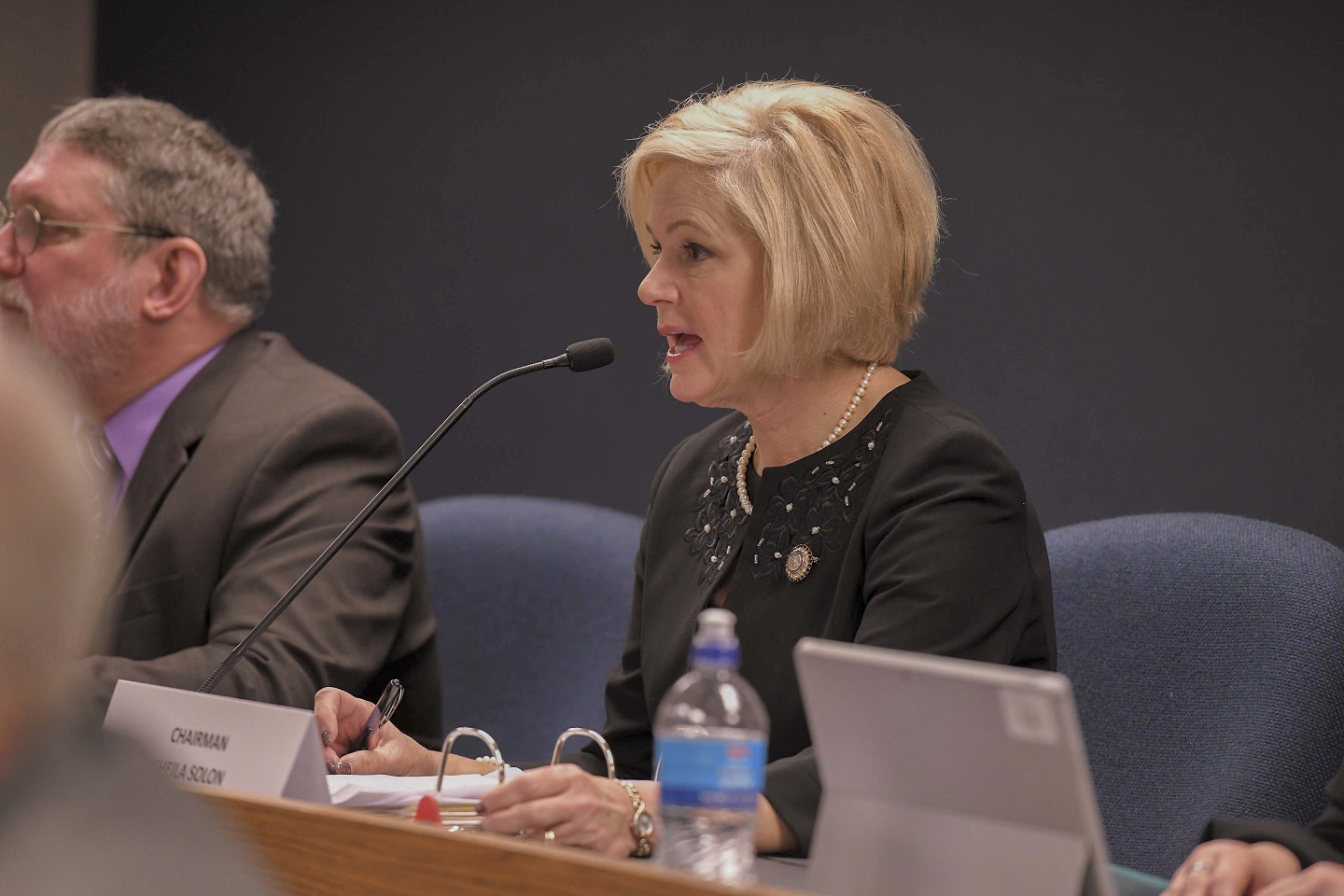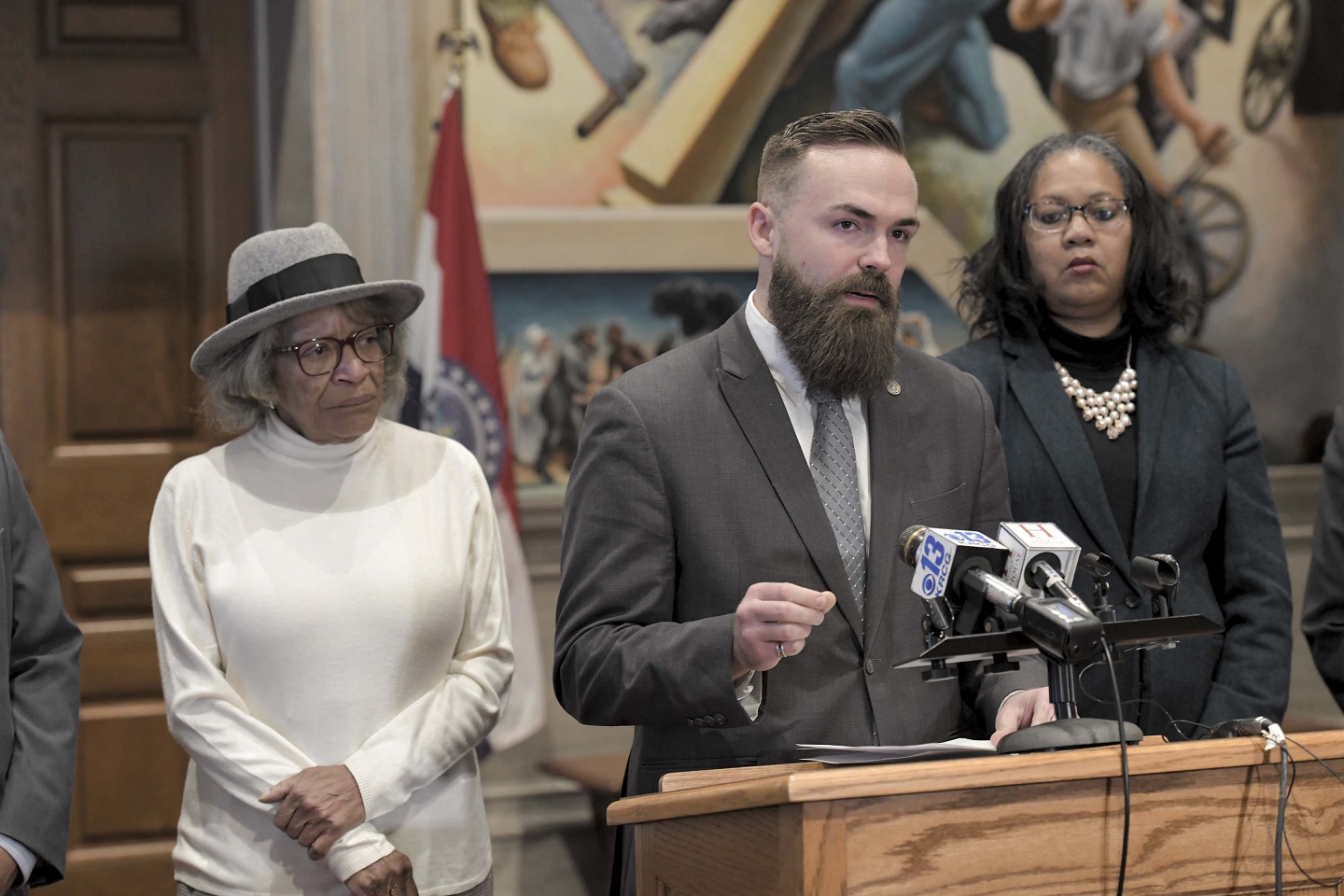The Missouri House is working early in the 2020 legislative session on a bill to remove the statute of limitations on civil actions stemming from child sexual abuse.

The legislature in 2018 lifted the statute of limitations on criminal prosecution of such cases, but the limit on civil cases remains. It only allows civil actions to be brought before the plaintiff turns 31; or within three years of the discovery that an injury or illness was caused by childhood sexual abuse. House Bill 1411 would eliminate that provision, but would not allow the filing of civil suits in cases for which the statute of limitations has already expired.
“It make sense that since the statute of limitations has been removed for criminal it should also be removed for civil,” said Representative Sheila Solon (R-St. Joseph), the sponsor of HB 1411. “For us to have a law on the books that has constraints in it on when a victim has to be brave, come forward, and stop fleeing these memories but get in fight mode, isn’t right.”
Solon said survivors who want to sue perpetrators are not just after money.
The House Committee on Children and Families heard from Bryan Bacon, who was abused in 1985 by a priest who was the assistant principal at Vianney High School in St. Louis. Bacon’s memories of the abuse resurfaced after the statute of limitations, then still in place, prevented a criminal prosecution, but he was able to file a civil suit. He did so after learning that the priest had other victims, and after officials denied any knowledge of abuse.
“I knew that I had to file a lawsuit, and for one primary reason; that if Brother Mueller had abused two students in 1969 and 1970 … in 1985 at Vianney, myself, there were certainly other victims between those two time periods,” said Bacon. “My ability to file a civil suit against the Marianist order and conduct discovery resulted in the ability of many other victims of Brother Mueller to come forward and begin their healing journey. After I filed suit an additional 80 victims came forward.”
Julie Donelon, president of the Metropolitan Organization to Counter Sexual Assault (MOCSA) in Kansas City, told lawmakers survivors of child sexual assault often repress memories of the event only to recall them when they are older and better able to deal with the trauma. She said survivors should be allowed to file civil suits at any time to benefit other survivors, but also to offset the costs that can come from dealing with abuse – costs that often fall on the survivor and the state.
No one testified against HB 1411 while several advocacy groups testified in support of it. Those included Missouri KidsFirst, represented by Public Policy Director Jessica Seitz.
“It grants more access to the justice system for victims of child sexual abuse.”
The Committee approved Solon’s bill and sent it to a second, where it awaits a hearing.





